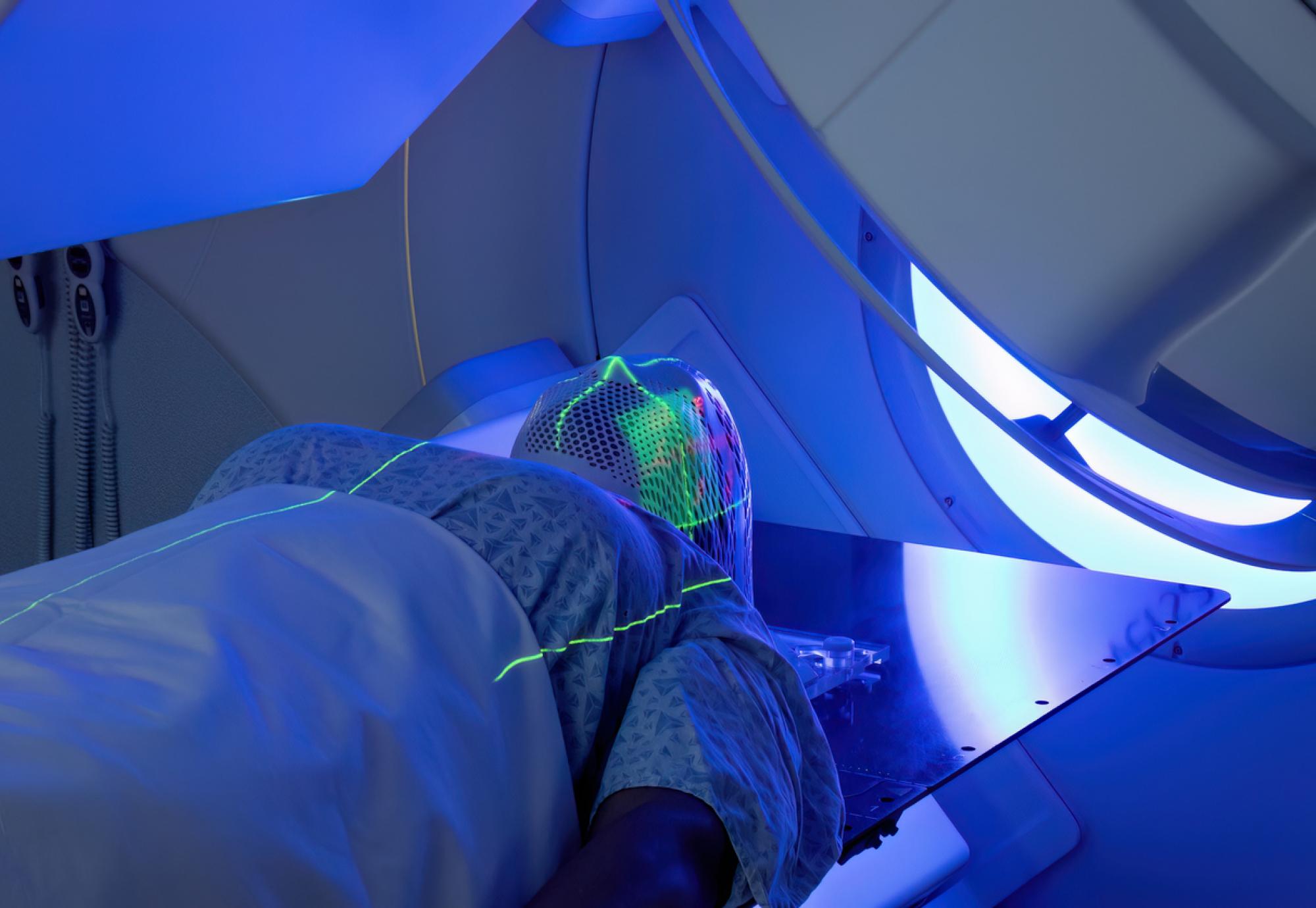The NHS will trial proton beam therapy to determine whether it leads to a better quality of life and fewer side effects compared to patients undergoing standard radiotherapy.
Proton beam therapy delivers a concentrated blast of energy, which will be analysed on patients with a particular type of brain cancer called oligodendroglioma.
It is hoped because this type of treatment delivers less radiation to the surrounding healthy tissue, it will also lead to fewer long-term side effects which can include problems with memory and processing information.
“Problems like these can have a huge impact on daily life,” says the trial’s co-lead, Dr Louise Murray, who is a Yorkshire Cancer Research associate professor.
The £1.5m APPROACH trial will be led by researchers from the University of Leeds and will recruit in up to 18 cancer centres across the country. This includes in places like London, Manchester, Cambridge, Oxford, Kent, and Leeds.
“The launch of proton beam therapy in the UK is a major milestone in cancer care…”
The people participating in the study will either get treated with standard radiotherapy or proton beam therapy.
Researchers will follow up with the patients to examine the side effects, quality of life and survival rates associated with each treatment.
The hope is that the results lead to better care and outcomes for brain cancer patients, as well as inform future cancer treatment plans.
Until 2018, proton beam therapy was only available abroad but it is now accessible at the Christie in Manchester and University College London Hospitals.
The study is being funded via the efficacy mechanism evaluation programme, which is a partnership between the Medical Research Council and the National Institute for Health and Care Research (NIHR).
The medical director of the NIHR clinical research network, Professor Nick Lemoine CBE, says: “The launch of proton beam therapy in the UK is a major milestone in cancer care, but we need evidence for how best it can be used and that can only come from high quality clinical trials such as APPROACH.”
Dr Murray adds: “This trial is vital to determine how we can use radiotherapy treatments appropriately, to give patients the best possible future.”
Image credit: iStock



















